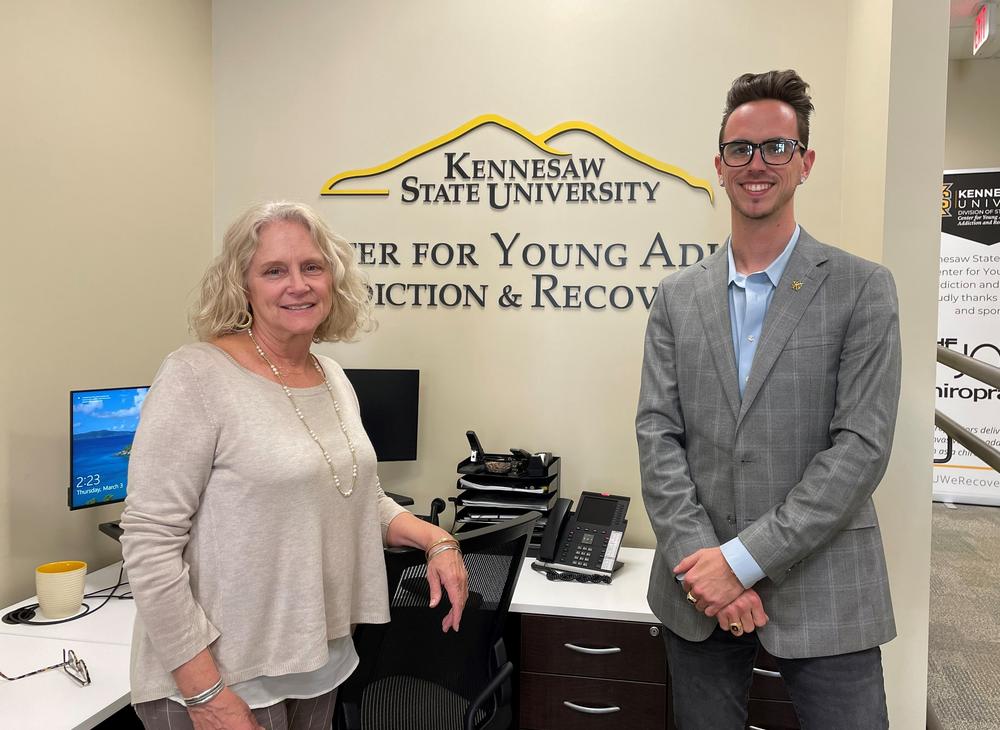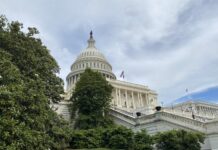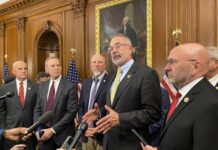
Legislation to block future lawsuits against the companies involved in creating and fueling the opioid epidemic must be passed before the state can collect its full share of a multi-state, $26 billion settlement, according to the terms of the agreement.
Georgia is required to secure participation among all litigating local governments and enact a litigation bar that prevents local governments from pursuing further litigation against Cardinal, McKesson and AmerisourceBergen — the nation’s three major pharmaceutical distributors — and opioid manufacturer and marketer Johnson & Johnson.
That’s why members of the state’s Opioid Task Force are supporting House Bill 1321 and its counterpart, Senate Bill 500 this session.
Opioid-related overdose deaths in Georgia increased by 207% between 2010 and 2020. That was before the COVID-19 pandemic forced businesses, schools and socialization to shut down.
Last December, Georgia joined this settlement agreement that is expected to bring the state and its local governments a total of $636,230,843.82 for opioid abatement.
“As part of our commitment to protecting the lives and livelihoods of Georgia citizens, we are dedicated to holding those accountable who have played a critical role in contributing to the opioid epidemic,” Attorney General Chris Carr said in January.
Of the total amount, $88 million from the settlement with Johnson & Johnson would be immediately available as opposed to receiving funds over the next three years.
If the legislature fails to enact the measure, Georgia’s share of the recovery is reduced by $142,699,354. In addition to the penalty for nonpassage, if a local government entity files a new lawsuit against Johnson & Johnson, Cardinal, McKesson, or AmerisourceBergen, the amount could be further reduced.
The litigation-barring language has been agreed to by cities and counties that collectively represent almost 80% of Georgia’s population.
Teresa Wren Johnston, a longtime member of the state’s opioid task force, founded the Center for Young Adult Addiction and Recovery in 2007 at Kennesaw State University. She’s also a licensed professional counselor specializing in addiction and recovery who believes in the importance of her work.
“People have lost brothers, sisters — you know, loved ones — and a lot of people have suffered in silence,” Johnston said.
Over the course of this opiate epidemic, many students started with prescription pain pills and then switched to illegal drugs because the cost was so prohibitive to maintain an addiction to the pills themselves, Johnston said.
“So it became cheaper to access heroin,” she said.
Johnston said the opioid crisis should be considered on a continuum of care from prevention to education, treatment and recovery.
“The center does a lot of that work,” Johnston said, noting its intervention and educational efforts at the university as well as in the community.
Specifically, it offers training to intervene in an opioid-related overdose by using naloxone, which is considered harm reduction.
“We train students, faculty and staff here,” Johnston said. “Our students who are in recovery are trained to be ambassadors in the communities to help reduce stigma.”
Roughly $13 million in funds from an earlier settlement will help expand medication-assisted treatment availability, increase detoxification service capacity, promote stigma reduction, increase access to naloxone for emergency service providers, and expand training on naloxone to community providers, according to the governor’s office.
“The opioid crisis has affected — either directly or indirectly — almost every Georgia family,” Gov. Brian Kemp said.
Crossover Day at the state Capitol is March 15. That’s essentially the last day for a bill to pass out of either the House or the Senate to be considered through the rest of the 40-day session.







